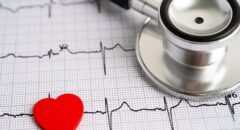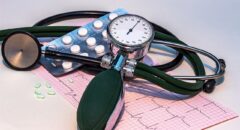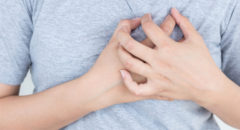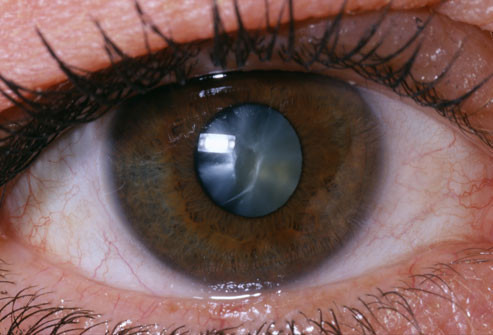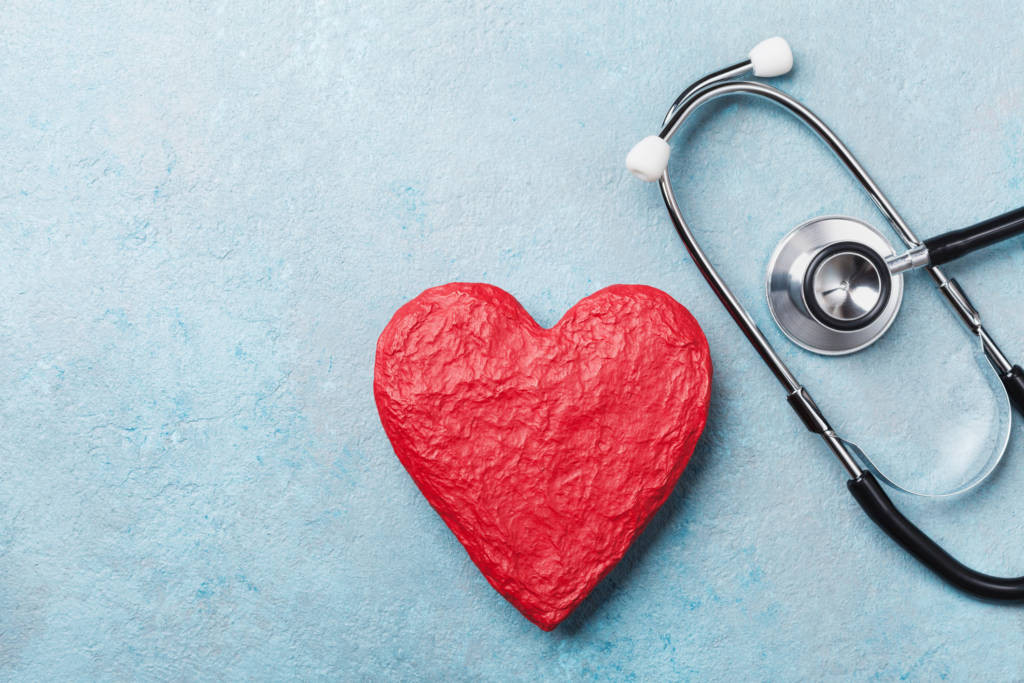Rivers says fiber and protein are important.
“Fiber is important for gastrointestinal motility, blood sugar control, and lower low-density lipoprotein (LDL) cholesterol,” Rivers said. “Fiber is great for appetite control because it can fill you up and keep you feeling fuller for longer.”
She says protein is needed to build and maintain muscles and can be found in a variety of sources such as lean meats cooked using a low-fat method, such as baking.
The AHA and CDC advise cooking meals at home to have a healthy, balanced diet, and Rivers agrees it may be easier to eat healthy when one cooks or prepares meals at home.
“Many restaurants add butter and salt to improve the taste of dishes,” Rivers said. “This of course, increases the calorie amount for a meal. Before going to a restaurant, look up the nutrition facts for the menu items you think you would want to eat, then make a decision based on which menu items are lower in calories, saturated fat, sodium, and sugar.”
As much as the AHA and the CDC encourage a heart-healthy diet, Rivers says a “cheat day” is OK every now and then to allow yourself to have a little bit of what you are craving to help prevent derailing from a diet altogether.
Your favorite piece of chocolate or guacamole and tortilla chips are what Rivers recommends as two heart-healthy treats to have on those “cheat days.”
“The occasional bite of dark chocolate or a nice glass of pinot noir is a perfect reward for your efforts to sustain your heart health.”
To find heart-healthy recipes and recommendations, visit the UAB Heart and Vascular Services recipe website.

